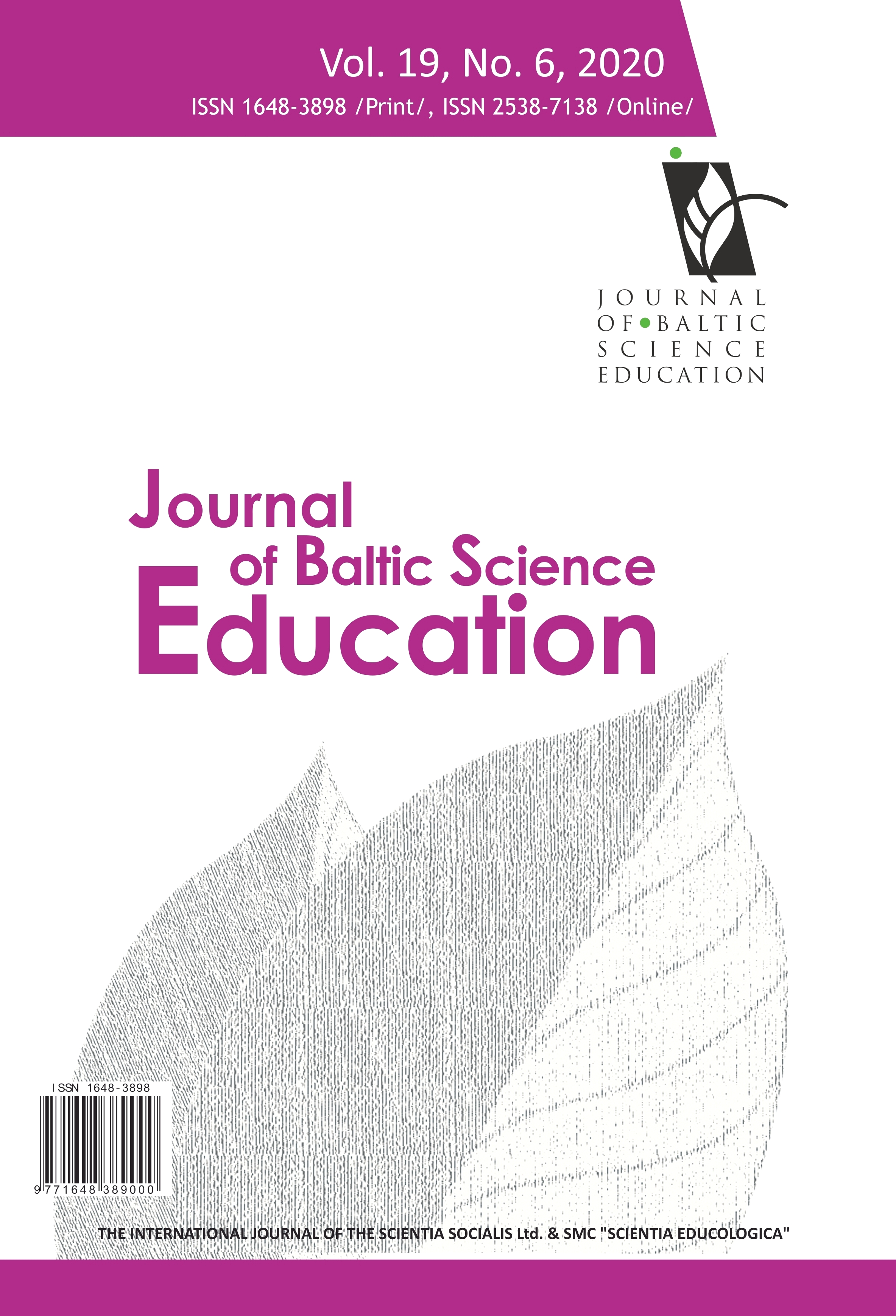BRAIN-BASED LEARNING AS PERCEIVED BY SAUDI TEACHERS AND ITS EFFECT ON CHEMISTRY ACHIEVEMENT OF 7TH GRADERS
BRAIN-BASED LEARNING AS PERCEIVED BY SAUDI TEACHERS AND ITS EFFECT ON CHEMISTRY ACHIEVEMENT OF 7TH GRADERS
Author(s): Fayadh Hamed AlanaziSubject(s): Education, School education
Published by: Scientia Socialis, UAB
Keywords: brain-based learning; chemistry learning; chemistry teaching; grade 7; science teachers;
Summary/Abstract: This research explored science teachers’ perceptions of BBL. Data was collected from 105 Saudi Arabian science teachers via a questionnaire survey, establishing how BBL is viewed and applied, and whether this interrelates with teachers’ years of professional experience or qualification level. Furthermore, in a quasi-experiment comprising a single experimental group, a chemistry learning unit was designed using BBL methods and approaches and was delivered to 26 Saudi Arabian Grade 7 students. Pre- and post-lesson measurements of knowledge and achievement were conducted. The findings confirm the arguments in the BBL literature and show that BBL awareness is relatively high and BBL is viewed very positively. The results of the quasi-experimental component show that BBL methods are likely to improve student learning and outcomes. Teacher qualifications and years of experience were unrelated with BBL perceptions.
Journal: Journal of Baltic Science Education
- Issue Year: 19/2020
- Issue No: 6
- Page Range: 864-874
- Page Count: 11
- Language: English

